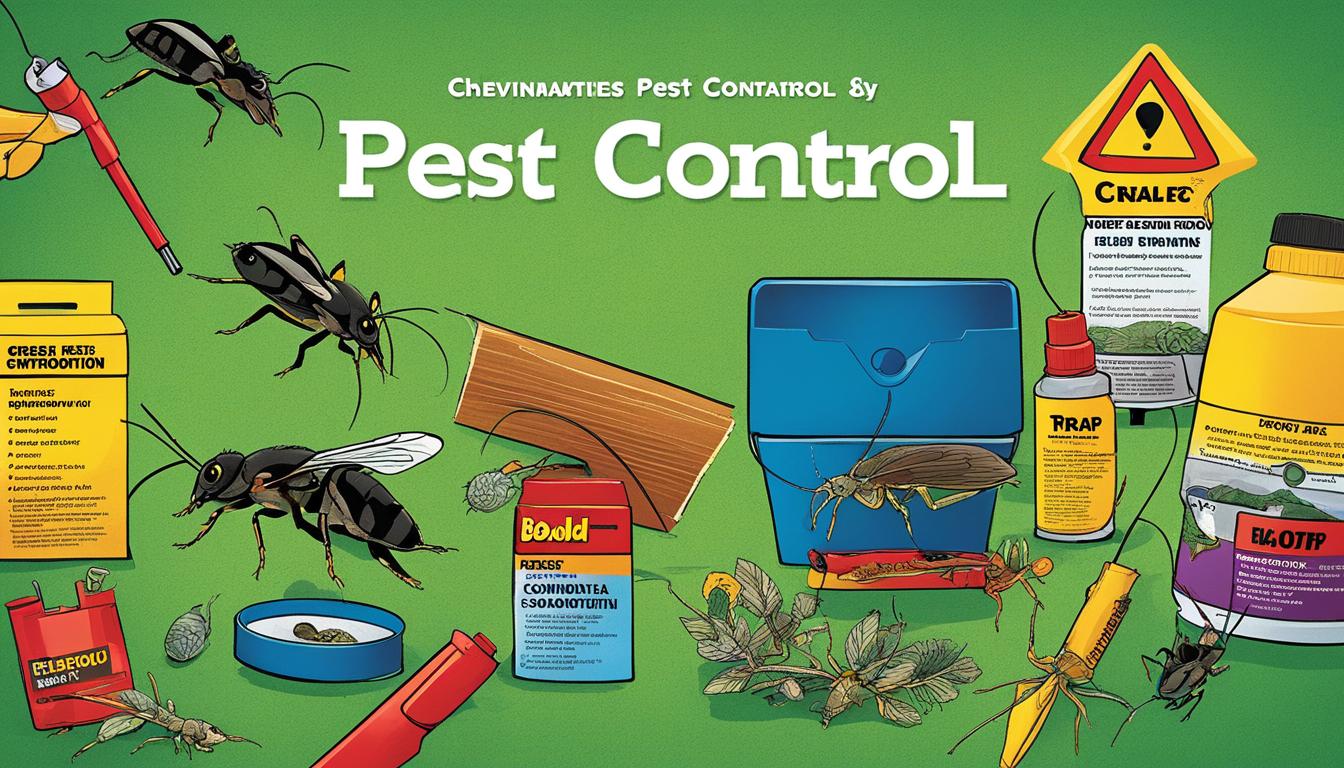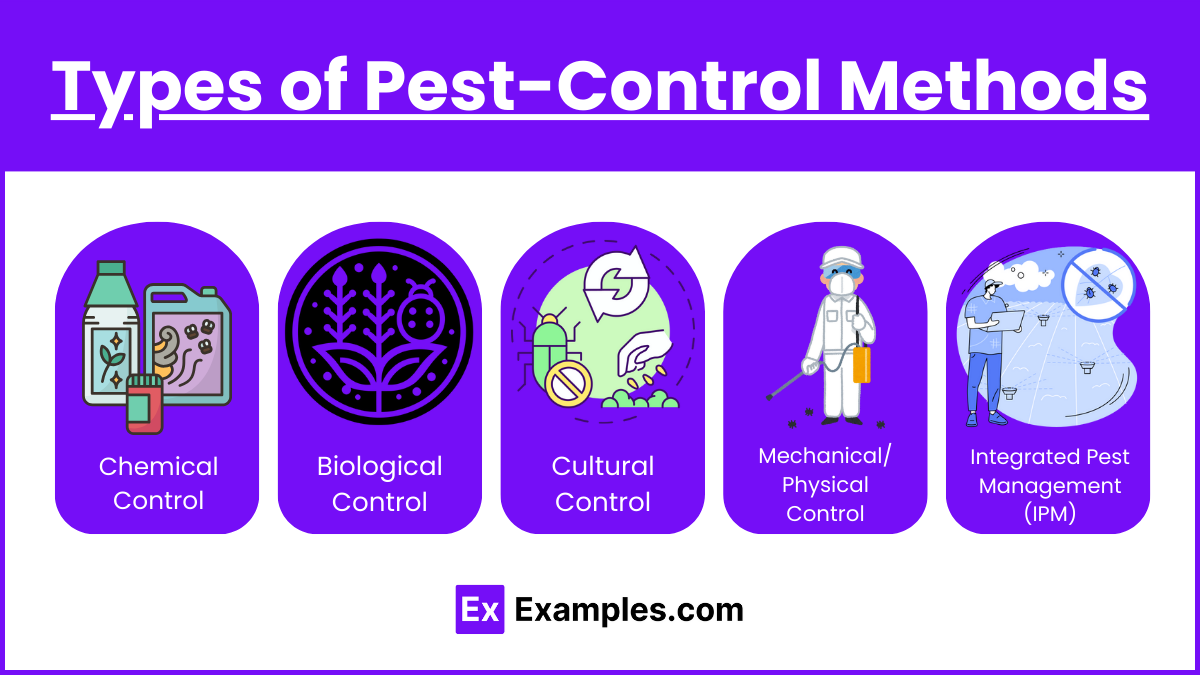The Ultimate Guide To Pest Control
Table of ContentsThe 9-Second Trick For Pest ControlPest Control - An OverviewSome Of Pest ControlNot known Factual Statements About Pest Control Rumored Buzz on Pest Control
Limitations of Chemical Monitoring Have the ability to analyze parasite troubles, figure out if monitoring is needed, and make proper suggestions using IPM techniques. Recognize with various approaches of bug administration - their benefits and limitations. Recognize the value of useful insects. It is not possibleor also desirableto rid yards of all insects.This chapter talks about (IPM), a method that uses understanding about parasites and their, methods, nonchemical methods, and chemicals to manage parasite issues. Added info about IPM for certain plants is included in chapters that focus on those plants. Nonchemical bug control steps are emphasized in chapter 17, "Organic Horticulture." Handling birds and creatures is covered in chapter 20, "Wild animals." Managing in the lawn and yard is covered in chapter 6, "Weeds." Insects in a garden or landscape may consist of insects and mites, weeds,, creatures, and birds.
Bugs and weeds, nonetheless, play a role in the. After growing a yard or developing a grass, the all-natural process of plant succession begins to improve and nonnative plants.
What we call "parasites" are component of an all-natural system at job. Only humans take into consideration particular types insects when they occur where they are not desired.
The Best Guide To Pest Control
Pests at risk to a pesticide were promptly killed, leaving immune ones to breed and increase. It became clear that chemicals alone would not address all bug problems. Rather, overuse of chemicals caused the growth of resistant parasites. Scientists started to create a new strategy to pest control. This new strategy was called incorporated parasite management (IPM).
An IPM plan permits some level of insects in the setting. Pests are much less likely to endure a program that makes use of various techniques of decreasing their populaces. Integrated pest administration was first suggested by entomologists since pests were the first team of insects to verify hard to manage with chemicals alone.
A threshold is the point at which action ought to be taken. IPM has extended beyond insects to management of all pest populaces: weeds, condition microorganisms, and creatures.
Pest Control Things To Know Before You Get This
Management rather than removal of insects is the goal. An IPM plan starts with a mindful analysis of each bug invasion. Only then can one decide concerning the proper strategies necessary to reduce click pest tasks. The life cycle of the parasite, feasible damage, all-natural enemies, and results of weather condition, among various other aspects, are thought about prior to a control strategy is carried out - Pest Control.
Clover growing in a grass might be deemed an unwanted weed, however as a legume it is manufacturing nitrogen for the soil and the blossoms are providing nectar to honey and various other. Tolerance for some weeds may belong to an IPM plan. might be consuming the fallen leaves of a plant, yet when they are identified as the larvae of Eastern tiger swallowtail butterflies, their damages might be tolerated so we can appreciate the stunning butterfly.

The second most essential device in pest administration is very early intervention. Reacting to troubles quickly, before they have time to increase, calls for a less remarkable treatment.
Pest Control Things To Know Before You Get This
Lots of risk-free, sensible, nonchemical approaches of plant protection and insect administration might minimize or get rid of the demand to spray. Various other techniques are most valuable when made use of with chemicals. To apply monitoring techniques appropriately and to decrease losses, garden enthusiasts must recognize the kinds of bugs that assault plants and comprehend pest biology.

Carrying out a dirt test and applying just the recommended amount of plant food and lime optimizes the advantage to the plant while reducing issues connected to excessive usage of plant food - Pest Control. Treatment the soil with a number of inches of compost safeguards the plant in a number of means: decreasing soil water loss to dissipation, decreasing weed competition, offering nutrients, and producing an ideal environment for earthworms and microorganisms that keep the dirt loosened for origins and damage down this content organic material to launch nutrients
If mulch touches the trunk, it can create a method for voles, germs, and fungis to assault the plant. Do not make use of manure or garden compost that has actually not thoroughly broken down as a leading dressing because it can encourage unfavorable insects. Study recommends that farming is destructive to dirt structure.
The Only Guide to Pest Control
If tilling is deemed essential, consider doing it in the loss when the life process of numerous insects brings them near the surface area. At the surface, insects become exposed to the weather condition along with birds and various other natural adversaries. Fall tilling can likewise destroy pests in crop deposits. Usage healthsome and insect-free qualified seeds and plants if offered.
Comments on “What Does Pest Control Mean?”